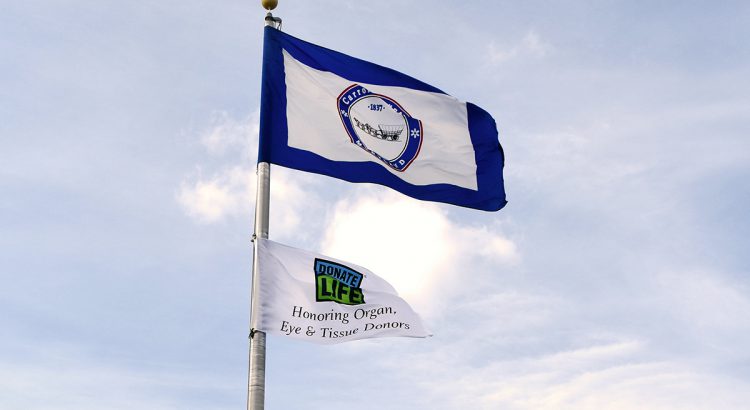Each month, a health care professional weighs in on a health and wellness myth. This month’s myths surround organ donation.
According to The Living Legacy Foundation, more than 3,800 Marylanders are currently waiting for a life-saving transplant and an average of 22 people die every day while waiting for one.
Becoming a donor can save lives. One person can save up to eight lives through organ donation and enhance more than 50 lives through tissue donation.
For some, the decision to become a donor can be difficult, often because of the many myths and misconceptions of what it will mean.
Myth: You cannot be a donor if you have a medical condition.
Fact: Anyone can register to be an organ, tissue or eye donor, even if he or she has diabetes, heart disease or cancer. At the time of death, a patient’s medical history will be reviewed to determine if the person is a suitable donor. It may turn out that certain organs are not suitable for transplantation, but other organs and tissues may be fine.
Myth: A person can be too old to donate.
Fact: A person can be a donor at any age. The determining factor is the health and conditions of the organs and tissues at death, not the person’s age.
Myth: Health care providers will not try as hard to save a person’s life if he or she is a donor.
Fact: Health care staff will exhaust all efforts to save a patient’s life, regardless of whether he or she is a donor. The top priority of all health care providers is saving a person’s life, and they will do everything possible to ensure this.
Myth: Donors are unable to have open casket funerals.
Fact: During the donation process, the body is treated with care, respect and dignity, which allows for an open casket funeral.
The donation process is one that includes many safeguards to ensure all efforts are exhausted to save a potential donor’s life, determine that brain death has occurred, maintain the donor on artificial support while monitoring the condition of the organs, and to accurately match the organs to people in need.
To learn more about becoming a donor, please visit donatelifemaryland.org or thellf.org.
